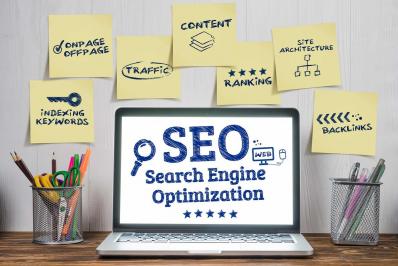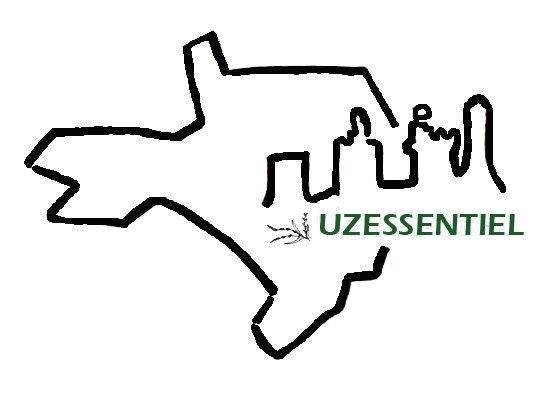Focus on SEO with Justine Labesse
- Par nbesse
- Le 27/05/2024
- Dans Living in Uzès and around
FR - A look back at the Search Engine Optimization workshop organized at the Remoulins coworking centre by webmarking consultant Justine Labesse.

Around twenty professionals from the Gard region signed up (from sectors as diverse as tourism, consulting, coaching, micro-enterprises and SMEs, publishing, web sites and blogs) to learn more about one of the most useful tools on the Internet...
Want to find out more? So let's go!
1- What is natural referencing?
Search Engine Optimisation (SEO) is the international term for natural referencing.
It is a necessary and essential tool for your visibility on the Internet, helping you to raise your profile and improve your brand image.
|
Did you know? Google wins the prize for the Internet activity. It accounts for some 91% of all traffic
|
2 - What are the differences between SEO and SEA?
While SEO is free natural referencing (80% of clicks), SEA is paid referencing (15% of clicks).
 3 - What questions should you ask yourself to boost your search engine optimisation?
3 - What questions should you ask yourself to boost your search engine optimisation?
First of all, 1) choose your name carefully, 2) understand the dynamics of your site, your competitors and your traffic. Then, 3) how many categories and sub-categories should you include, 4) how many pages?
What's more, it's always a good idea to know 5) the resources you have at your disposal and 6) the objectives you've set yourself.
4 - What kind of analysis should be carried out to get a better idea of your site's performance?
Analysing your own site, but also those of your competitors, can be a useful way of managing your position more effectively and examining possible growth prospects.
In this way, you can learn about the number of backlinks to your site, their activity and relevance, the activity of published content, the popularity of your domain on social networks, the activity of SEO, etc.
5 - Technical optimisation of your site and its performance
First of all, the speed with which pages load, but also and above all, the optimisation of contents, the quality and speed of display on a computer or mobile phone....
The structure of the site, i.e. its tree structure, as well as the structure of the pages and the optimisation of SEO content, in particular keywords and images.
Evaluating the speed and degree of technicality of your site also means looking at the competition, as mentioned above: so you can 1) insert your keyword and look at the results, 2) isolate the 5 main competitors, 3) look at their site structure, 4) note the subject ideas and 5) use the keyword planner to find out if the subjects have interesting search volumes...
 Good to know: Making yourself known on Internet also means interacting with a vast online community. Don't underestimate the importance of responding to contacts and comments.
Good to know: Making yourself known on Internet also means interacting with a vast online community. Don't underestimate the importance of responding to contacts and comments.
It's also about boosting your visibility!
A number of tools and website addresses were presented by Justine for analysing websites...
For more information, contact: Justine Labesse, Webmarketing Consultant. Digital strategy and SEO content writing (@justine_en_provence).






